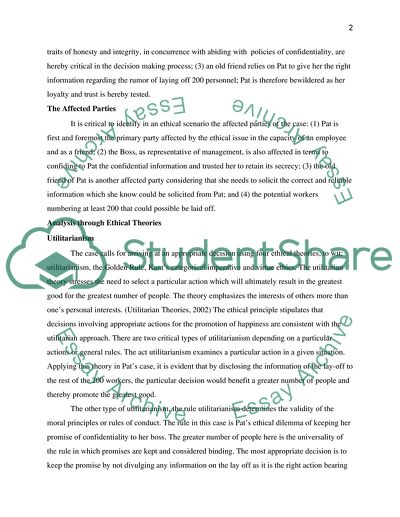Cite this document
(Ethical Theories as Guiding Principles for Decision Making Case Study, n.d.)
Ethical Theories as Guiding Principles for Decision Making Case Study. Retrieved from https://studentshare.org/ethics/1564756-business-law-and-ethics
Ethical Theories as Guiding Principles for Decision Making Case Study. Retrieved from https://studentshare.org/ethics/1564756-business-law-and-ethics
(Ethical Theories As Guiding Principles for Decision Making Case Study)
Ethical Theories As Guiding Principles for Decision Making Case Study. https://studentshare.org/ethics/1564756-business-law-and-ethics.
Ethical Theories As Guiding Principles for Decision Making Case Study. https://studentshare.org/ethics/1564756-business-law-and-ethics.
“Ethical Theories As Guiding Principles for Decision Making Case Study”. https://studentshare.org/ethics/1564756-business-law-and-ethics.


